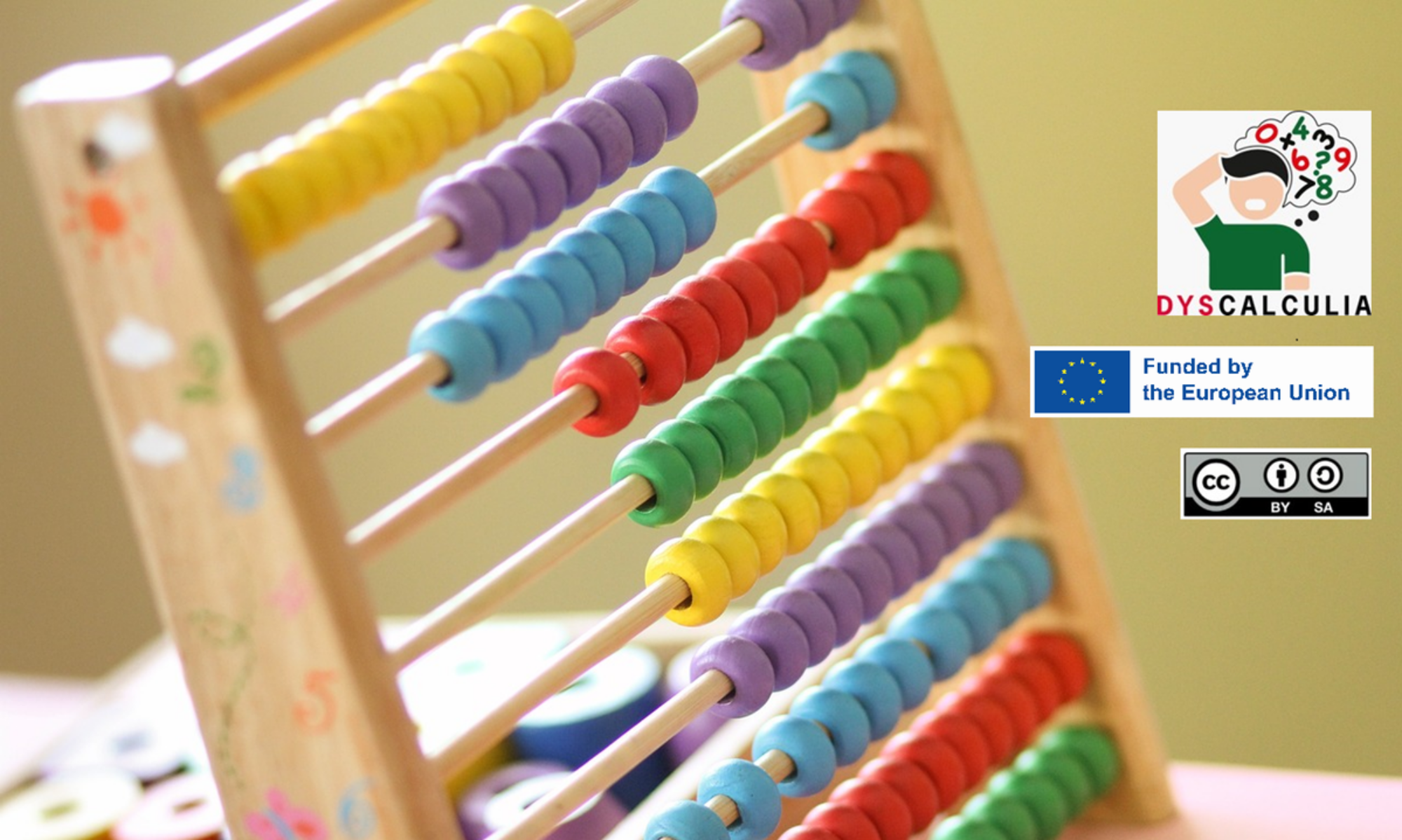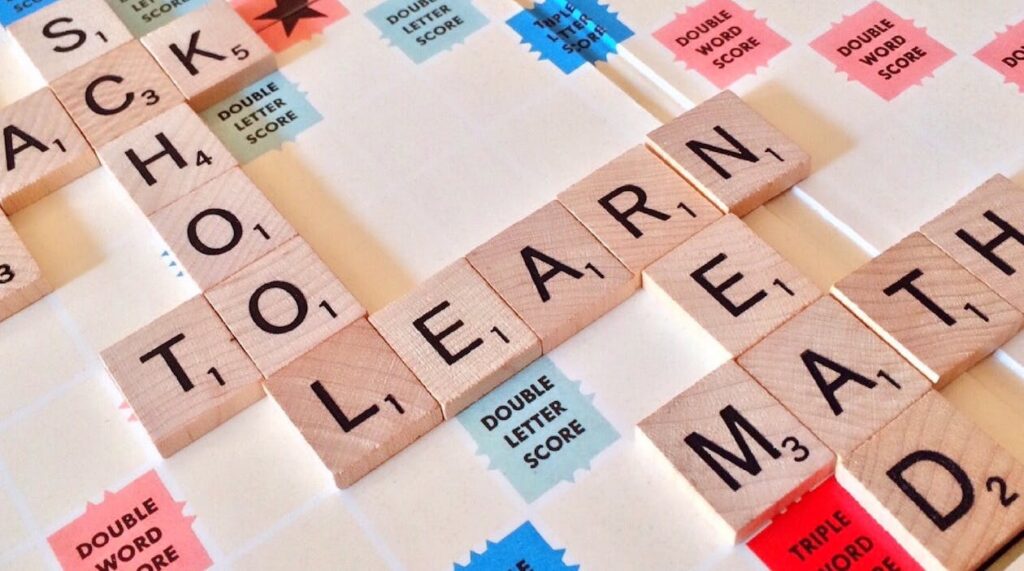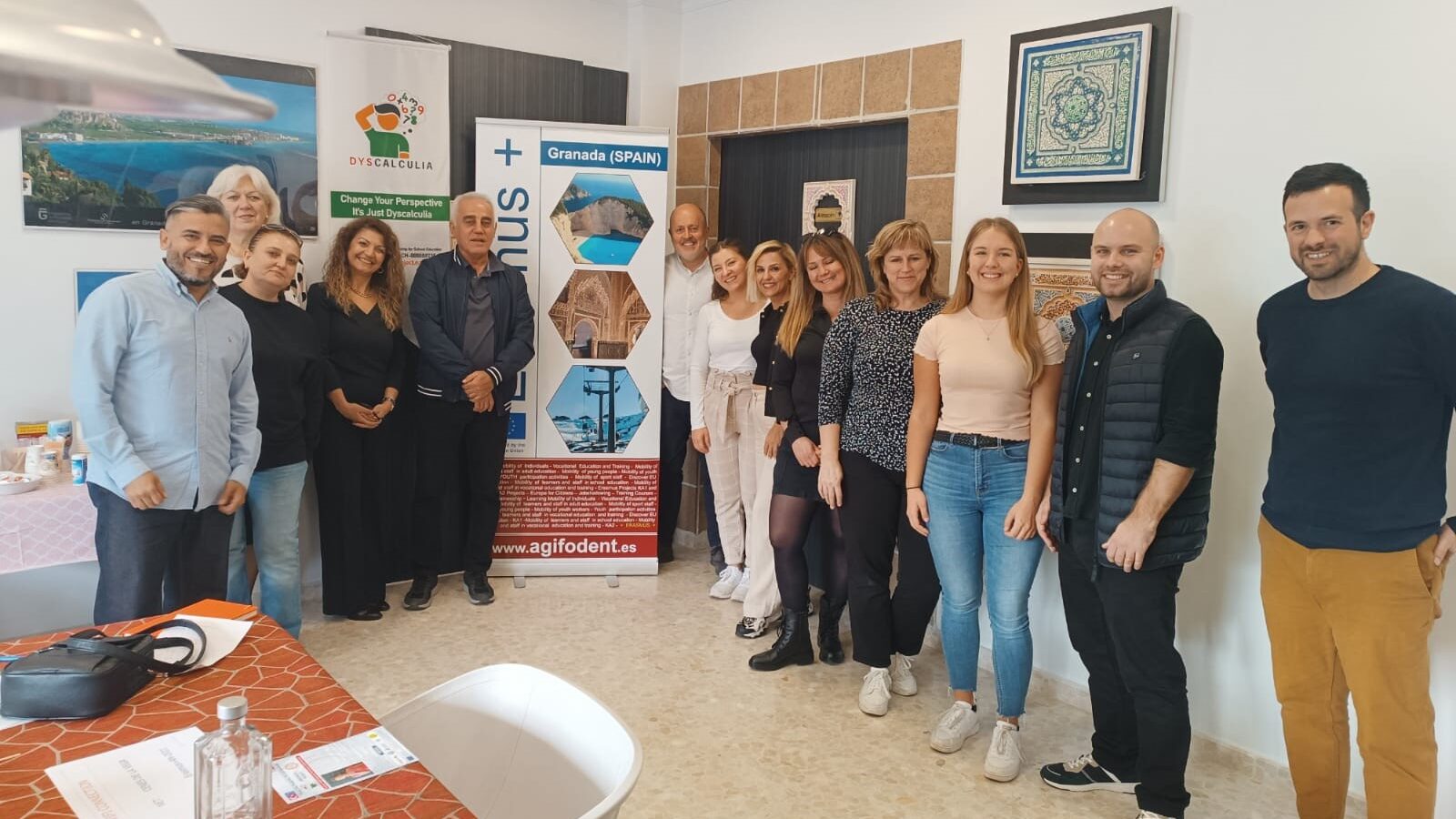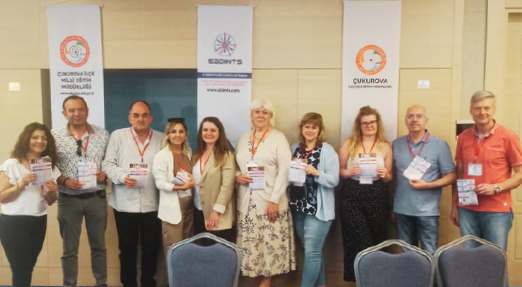
In the age of technology, assistive tools are revolutionizing the learning journey for individuals with dyscalculia. These specialized aids are like guiding stars, illuminating the path to mathematical proficiency. From digital calculators to math-focused apps, assistive technology levels the playing field, ensuring equal access to mathematical education and skills development. By embracing these tools, this project empowers individuals with dyscalculia to harness their full potential and overcome numerical challenges. Technology isn’t just a tool; it’s a bridge to a brighter educational future.







